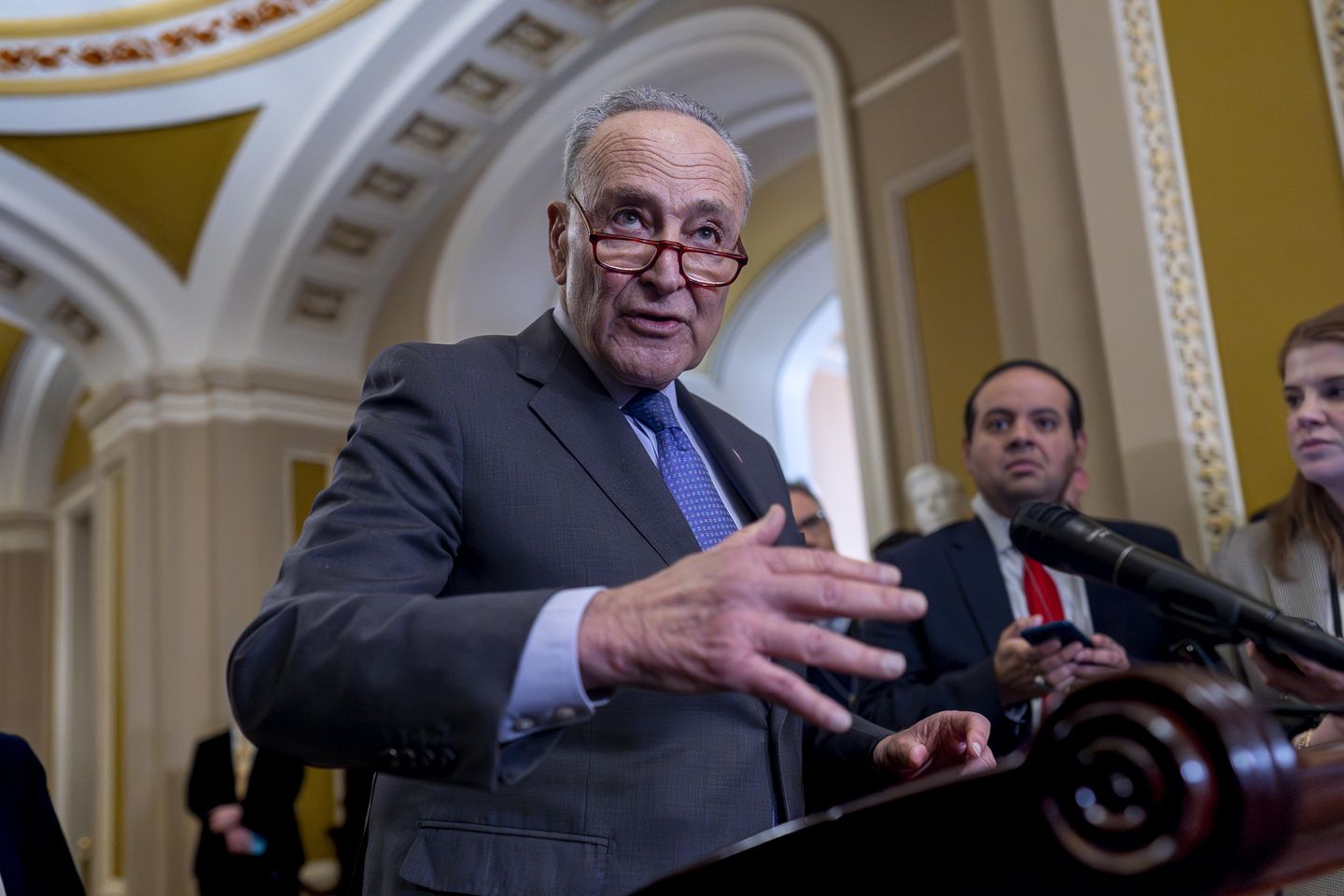The $1.2 trillion funding package in the Senate has encountered a roadblock, with negotiations to pass the bill before the midnight deadline to fund the government not going well. The funding package is crucial to keeping the government running and avoiding a shutdown, but disagreements among lawmakers have stalled progress. Without a resolution, federal agencies could face a shutdown, potentially causing disruptions to essential services and impacting millions of Americans.
The funding package includes provisions for various government agencies and programs, such as defense, healthcare, education, and infrastructure. It also includes funding for COVID-19 relief efforts and other priorities of the Biden administration. However, disagreements over specific provisions and funding levels have emerged, leading to delays in reaching a consensus. Lawmakers are under pressure to find a compromise quickly to avoid a government shutdown and ensure that critical services continue uninterrupted.
The current impasse in the Senate highlights the challenges of passing major funding bills in a politically divided Congress. With Democrats holding a slim majority in the Senate, they must navigate competing priorities and demands from both sides of the aisle to secure enough votes for the funding package. Republicans have raised concerns about the size and scope of the bill, as well as specific provisions that they believe are unnecessary or wasteful. Finding common ground on these issues is essential to reaching a bipartisan agreement and preventing a shutdown.
As the midnight deadline approaches, lawmakers are working around the clock to break the deadlock and pass the funding package. Senate leaders are engaging in negotiations to address concerns and bridge the divide between Democrats and Republicans. The stakes are high, as a government shutdown would have far-reaching consequences for federal employees, government services, and the economy. Both parties are under pressure to find a solution that addresses the needs of the American people while also respecting their respective priorities and principles.
In the coming hours, all eyes will be on the Senate as lawmakers race against the clock to pass the funding package and avert a government shutdown. The outcome of these negotiations will have significant implications for the functioning of the federal government and the well-being of millions of Americans who rely on its services. As the deadline looms, the pressure is on for lawmakers to set aside their differences, find common ground, and reach a bipartisan agreement that ensures the continued operation of the government and the delivery of essential services to the American people.









